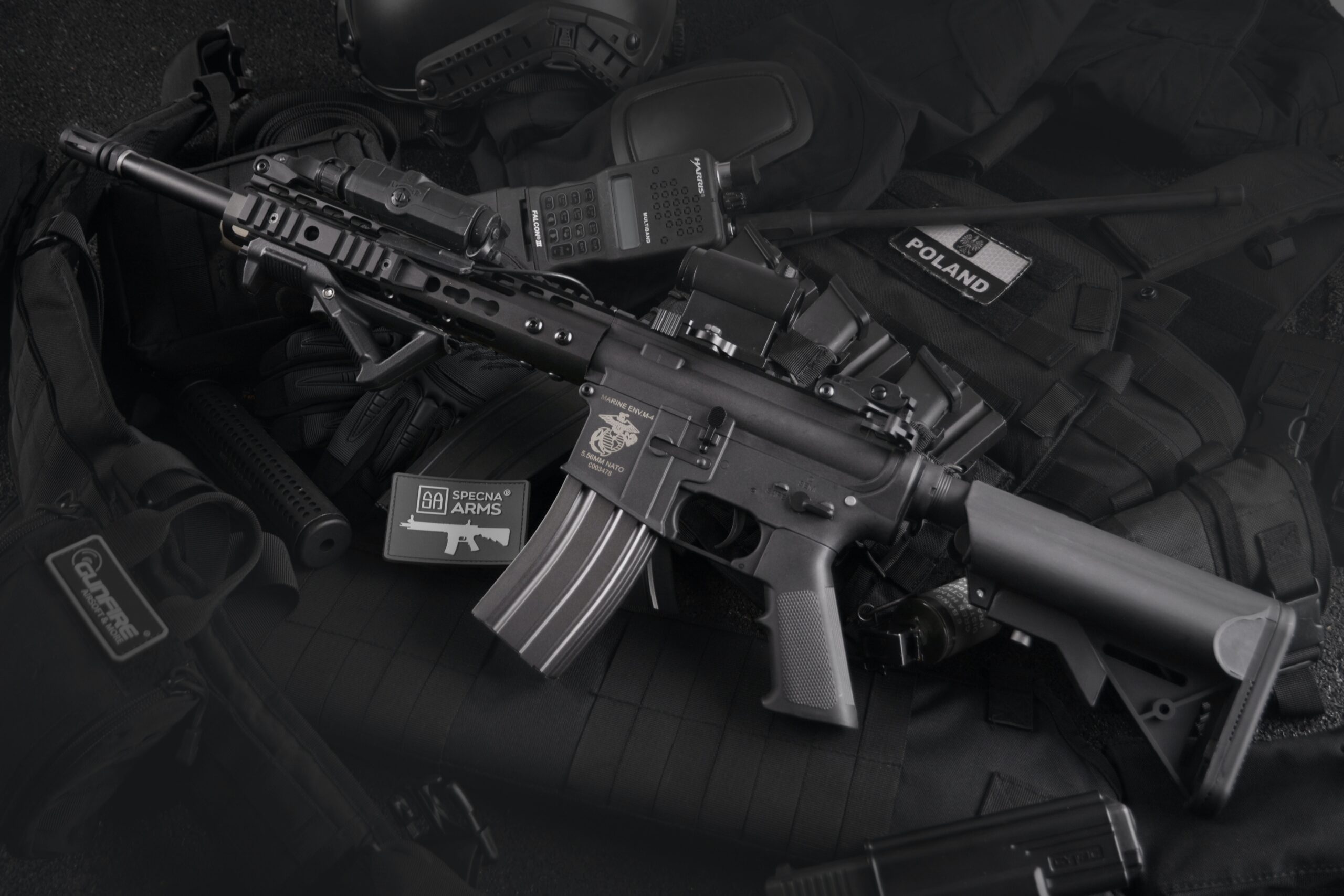When it comes to the world of recreational shooting sports, Airsoft has garnered attention for its realistic gameplay and firearms simulation. However, the legal landscape surrounding Airsoft guns varies from country to country, and Singapore is no exception.
Is airsoft legal in Singapore?
While there is no outright ban on Airsoft in Singapore, the usage and ownership of Airsoft guns are tightly regulated by the country’s Weapons and Firearms Act. The act was amended in October 2001 to prohibit civilian ownership of Airsoft guns due to concerns about misuse and safety issues.
Any individual wishing to own an Airsoft gun must declare it to the authorities and apply for a license through the Police Licensing Department.
Currently, Airsoft shooting ranges exist in Singapore, but these venues are the only authorized places where Airsoft guns can be used. Possession of Airsoft guns outside of these licensed premises can result in legal consequences, including a jail term.
Eligibility for Possessing Arms for Sporting Purposes
For individuals interested in legally owning and using Airsoft guns for sporting purposes, specific criteria must be met:
- Applicants must be at least 18 years old.
- They must be considered fit and proper individuals, demonstrating honesty, integrity, good reputation, competence, and capability.
- Membership in a registered or exempted shooting club is required.
- Approval for the storage and use of arms in authorized facilities must be obtained.
- The type of arm intended for possession must be permissible for sporting purposes.
Documentary Requirements for Licensing and Renewal
Individuals applying for a license to possess Airsoft guns for sporting purposes are required to provide specific documents:
- Proof of membership and shooting practices from a recognized shooting club.
- Permission from the club for storage and use of the arm in their premises.
- Medical reports for individuals above 60 years of age to confirm fitness for handling arms.
Renewal of the license also mandates certain documents:
- Support letter from the shooting club.
- Confirmation letter from the authorized facility for storage and usage.
- Medical report for individuals above 60 years of age.
The Situation of Airsoft in Singapore
Following the ban on civilian ownership of Airsoft guns in 2001, only a few clubs in Singapore have been granted permission to set up IPSC (International Practical Shooting Confederation) events using Airsoft guns. These clubs have the authority to purchase Airsoft pistols, but the guns are not allowed to be taken outside of the club premises.
Notably, the only skirmishing field in Singapore, Frontline Airsoft at Turf City, operates within these legal confines. While Airsoft enthusiasts might be disappointed by the restrictions, the regulatory framework aims to balance safety concerns with recreational interests.
FAQs
1. Can I own an airsoft gun in Singapore?
Airsoft guns fall within the category of controlled items in Singapore. Any individual wishing to own an Airsoft gun must declare it to the authorities and apply for a license through the Police Licensing Department. Failure to obtain the necessary permit can result in violation of multiple legislative acts.
2. Why is airsoft illegal in SG?
The status of Airsoft guns as controlled items is rooted in Singapore’s stringent firearm regulations. These replica guns, designed to propel pellets using compressed air, are classified as firearms themselves, which brings them under the jurisdiction of strict regulatory measures. Moreover, the resemblance of some replica weapons to actual firearms has contributed to their being closely regulated. This approach aims to maintain public safety by closely monitoring the possession and usage of Airsoft guns.
3. Are airguns allowed in Singapore?
In Singapore, airguns are categorized as “arms,” similar to firearms that utilize gunpowder as a propellant, and other weapons. As such, individuals are required to obtain a license from the Singapore Police Force before they can import, export, or possess an airgun. This careful oversight ensures that even airguns are subject to regulatory control, in line with the country’s approach to firearms and related items.
Conclusion
The world of Airsoft in Singapore walks a fine line between enthusiasts’ passion for the sport and the country’s commitment to public safety. While not outright banned, the ownership and usage of Airsoft guns come with strict regulatory measures to prevent misuse and maintain security. Aspiring owners must navigate the intricate process of obtaining licenses and adhering to club regulations, ensuring that the sport remains within legal boundaries. As Singapore’s regulations continue to evolve, the Airsoft community must stay informed and engaged to strike a balance between their love for the sport and the nation’s commitment to safety.
- Can Airsoft Guns Be Used for Self-Defense? - December 17, 2023
- Guide to the Most Powerful Airsoft Snipers - December 17, 2023
- Is Airsoft Legal in Indonesia? - December 15, 2023

